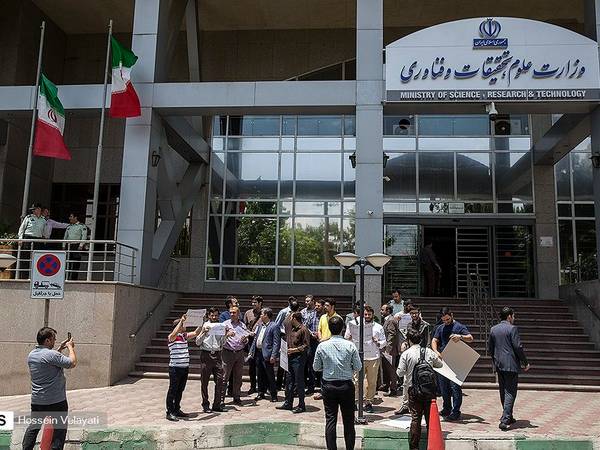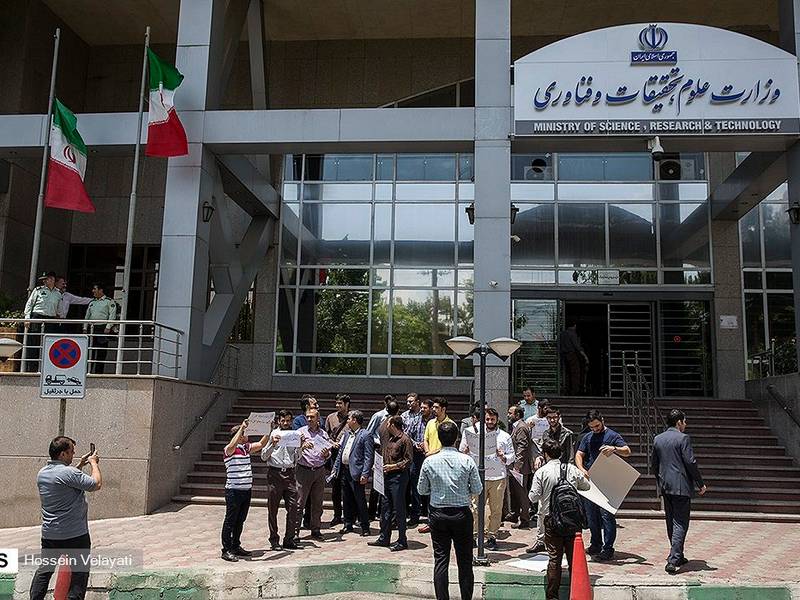The legal deputy of the ministry of science in Iran announced that 10 institutions involved in the sale of theses and counterfeit documents will be closed down in the coming days.
Reza Saberi said, "Currently, we have identified 10 entities engaged in buying and selling theses … most of them operate through illegal online platforms."
The proliferation of online platforms offering fraudulent academic services has posed a challenge to academic integrity in Iran. These platforms target people seeking shortcuts to academic credentials, exploiting loopholes in the system.
In recent years, degree seeking among students in Iran has escalated, reflecting a concerning trend that highlights broader systemic issues within the country's educational landscape.
While education is highly valued in Iranian society, the pursuit of degrees has increasingly become intertwined with socioeconomic pressures and political realities, leading to a culture of degree seeking that often prioritizes credentials over genuine learning.
One of the primary drivers behind the surge in degree seeking is the competition for limited opportunities in higher education and the job market.
With a large youth population and limited employment prospects, obtaining a degree is often viewed as essential for securing stable employment and socioeconomic advancement.
Moreover, the politicization of education has further complicated the landscape. Government policies, ideological biases, and censorship have shaped educational curricula and restricted academic freedoms, undermining the quality and relevance of education. This has fueled disillusionment among students and exacerbated the pressure to seek degrees as a means of navigating an uncertain future.

